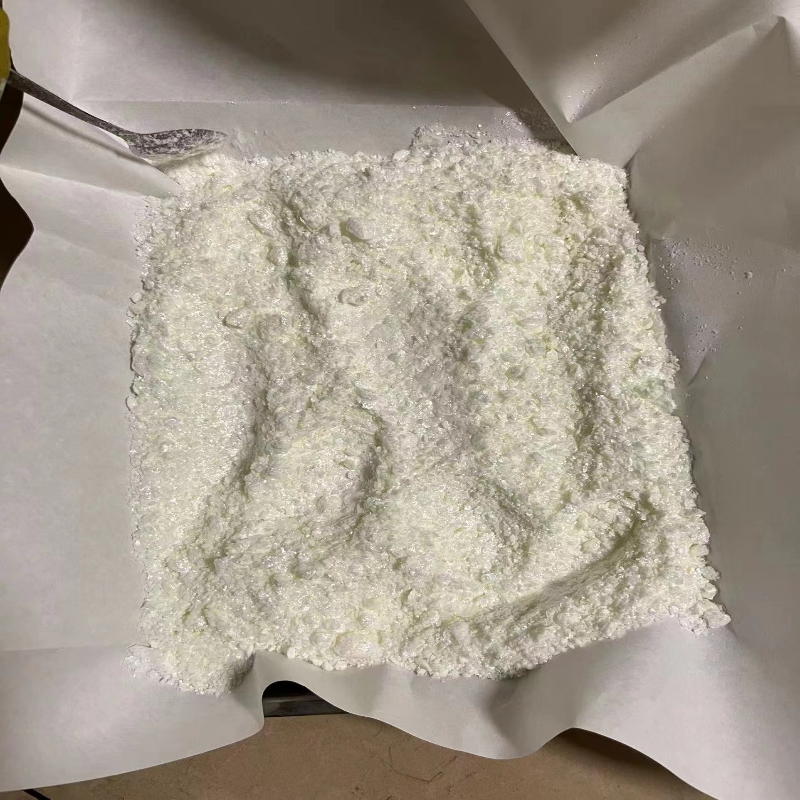-
Categories
-
Pharmaceutical Intermediates
-
Active Pharmaceutical Ingredients
-
Food Additives
- Industrial Coatings
- Agrochemicals
- Dyes and Pigments
- Surfactant
- Flavors and Fragrances
- Chemical Reagents
- Catalyst and Auxiliary
- Natural Products
- Inorganic Chemistry
-
Organic Chemistry
-
Biochemical Engineering
- Analytical Chemistry
-
Cosmetic Ingredient
- Water Treatment Chemical
-
Pharmaceutical Intermediates
Promotion
ECHEMI Mall
Wholesale
Weekly Price
Exhibition
News
-
Trade Service
A joint research team from Pohan University of Science and Technology (POSTECH) has discovered that larvae of the beetle Coleoptera (P.
davidis) native to East Asia can digest polystyrene and break down polystyrene in its gut
.
Due to its unique molecular structure, polystyrene is a difficult material to decompose, and scientists believe their findings will help solve the waste plastic problem
.
Publishing their findings in the journal Applied and Environmental Microbiology, the team confirmed that the larval gut microbiota can oxidize and alter the surface properties of polystyrene films
.
Scientists isolated and identified Serratia from the guts of the larvae, and after feeding the larvae polystyrene for two weeks, the proportion of Serratia in the gut flora is said to have increased six-fold
.
The scientists also hope to develop a polystyrene-degrading microbiota using bacterial strains found in the gut flora of beetle larvae
.
"If we use the plastic-degrading bacterial strains isolated in this study, and replicate the beetle's gut microbiota, there is an opportunity to fully degrade polystyrene, which is difficult to fully decompose, ultimately helping to solve the problems we face.
The problem of plastic waste
.
Separately, earlier this year, a research team at industrial chemical company Carbios also discovered an enzyme that is said to break down PET plastic, enabling it to be recycled into food-grade material within hours
.







